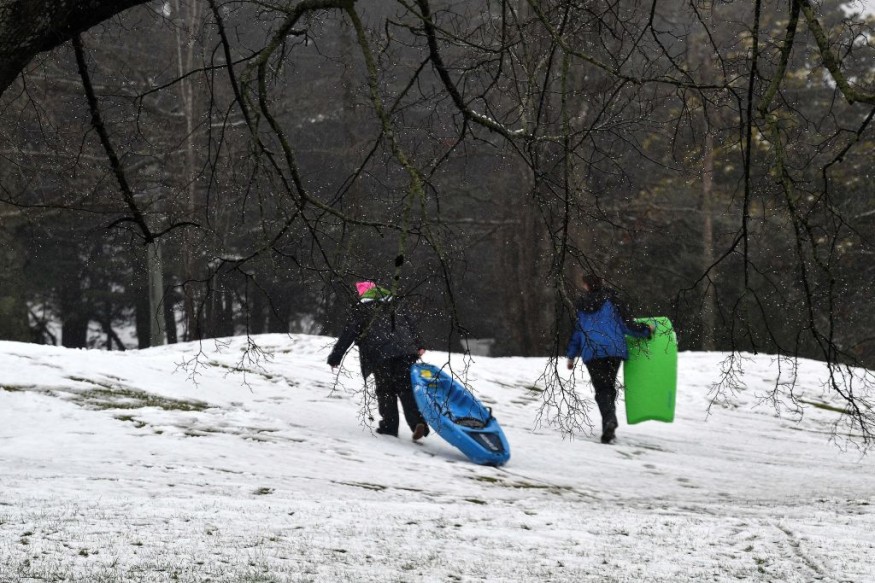Challenging weather conditions emerged in portions of Southeast Australia this week, bringing colder conditions, hail and snow to the country.
Australians with travel plans should consider the weather before leaving their homes to avoid road hassle and slower commutes.
The colder and snow conditions could likely cause travel hazards, including slippery conditions, reduced road visibility, and disruptions.
Australia's cold snap

According to 9News' latest report, a cold snap unfolded in South-east Australia that unloaded hail, snow and colder conditions.
Previous weather forecasts in Australia noted the country's potential warmer and more challenging heat.
The colder conditions offered relief. However, homeowners should watch out for the risks of cold-related health concerns, including hypothermia and frostbite.
In addition, the reports noted that the weather to rebound to warmer conditions by the end of the week.
On the other hand, the Guardian reported that cold and southerly winds helped to unleash the chilly weather conditions in parts of Australia.
The weather forecast said that temperatures managed to drop in parts of eastern and central Australia.
The 9News report showed that chilly conditions with rain and snow reached portions of Victoria, New South Wales and Queensland.
In addition, The Guardian noted that the weather conditions unleashed dangerous winds in parts of the country, causing difficult surf conditions.
In Queensland, wintry conditions could likely experience. Sydney and Brisbane also recorded a temperature drop due to the blast of the colder front.
Meanwhile, the Guardian report said that strong winds impacted the flights in Sydney, resulting in delays and cancellations.
Australians with travel plans should monitor the weather reports and their flight status to prepare for potential delays and cancellations.
On the other hand, ABC News Australia reported that Western parts of Australia could experience below-average temperatures this week.
The weather forecast said that Victoria experienced snowy conditions. In Tasmania, widespread frost was also recorded in the state.
Preparing for the freezing and wintry conditions
Based on the weather reports, portions of Australia, especially the areas in the South-east, could expect a blast of wintry conditions.
As a result, it is best to prepare for the potential impact of the challenging cold. People with medical conditions, older adults and children could be the most at risk.
Also, Read : Australia Weather Forecast: Category 5 Cyclone Ilsa Makes Landfall; Flooding, Damaging Winds Possible
It is best to check family members' body temperature, especially when not used to cold snaps or freezing temperatures.
Furthermore, the weather conditions in the country could lead to travel hazards and disruptions.
Australians with travel plans should be patient while on the road. The snow conditions likely result in slower commutes.
When the snow becomes difficult or troublesome, it is best to stay at home to avoid being stranded while on the road.
While the weather is expected to become better at the end of the week, Australians must keep updated with the weather.
For more similar, don't forget to follow Nature World News.
© 2025 NatureWorldNews.com All rights reserved. Do not reproduce without permission.





